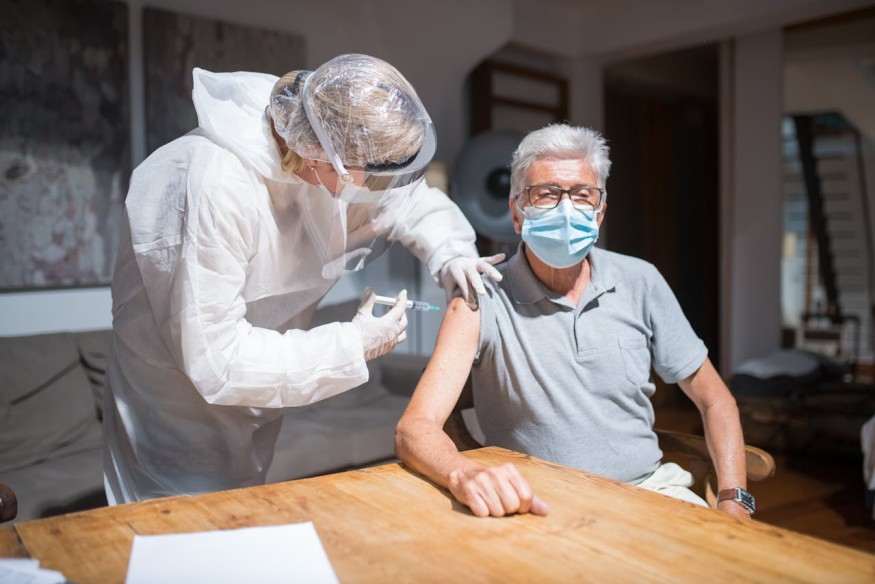
A recent study revealed that the new RSV shots approved for older adults may have a possible link to a slightly increased risk of a rare neurological condition.
Safety Issue of New RSV Vaccine
On May 30, the Morbidity and Mortality Weekly Report of the US Centers for Disease Control and Prevention (CDC) published a recent study which is consistent with findings in the clinical trials for the new vaccines. During clinical trials, experts observed rates of Guillain-Barré Syndrome which are higher than the expected rates.
The two new vaccines include Arexvy from GlaxoSmithKline Biologicals (GSK) and Abrysvo from Pfizer. They were both approved for older adults in May 2023.
The new report from the CDC examines the first year of safety data using patient surveys. It also includes data from the Vaccine Adverse Event Reporting System (VAERS), a database where anyone is allowed to submit suspected vaccine reactions.
It was discovered that for every million doses of Abrysvo, there were five reports of Guillain-Barré Syndrome, equivalent to 17 cases in total. Meanwhile, there were 1.5 reports per million doses of the Arexvy vaccine, equivalent to 11 cases in total.
These rates were higher than expected in this population. The background rate was based on people who were administered mRNA-based COVID vaccines.
As an autoimmune condition, Guillain-Barré Syndrome was noted as a potential concern during the clinical trials, although they are too small to tease out any potential connection to the vaccines. In real-world monitoring, much larger groups of patients are involved to help confirm the link that trial data hinted at.
According to the CDC, the benefits of the vaccines outweigh the slightly increased risk of Guillain-Barré Syndrome. Therefore, the agency still recommends that adults 60 years and older should get an RSV shot in consultation with their healthcare provider.
Guillain-Barré Syndrome is fairly rare, while RSV (respiratory syncytial virus) circulates every year and poses a threat to both children and older adults. In the US alone, the seasonal infection from RSV kills from 6,000 to 10,000 adults each year.
READ ALSO : COVID-19 Might Give You a Rare Chance of Having Guillain-Barré Syndrome That Results in Muscle Weakness
What Is Guillain-Barré Syndrome?
Guillain-Barré Syndrome refers to a medical condition where a person's immune system attacks healthy peripheral nerves. It affects the nerves which control muscle movement and those that deliver sensations of touch, temperature, and pain. As a result, the patient may experience swallowing problems and loss of sensation in the limbs.
It also causes numbness, tingling and muscle weakness which can progress to paralysis. Most people completely recover from Guillain-Barré Syndrome, although it may take months or years. In severe cases, this medical condition can be life-threatening as it may affect the muscles which support breathing.
Guillain-Barré Syndrome can affect people of all ages, although it is more common in adults and in males. This medical condition is very rare, and its exact cause remains unknown. However, it was found that most cases follow an infection with a virus or bacteria.
Since this disease is autoimmune in nature, its acute phase is usually treated with immunotherapy. If a patient experiences muscle weakness that persists after the acute phase, they may be required to undergo rehabilitation services to restore muscle strength and movement.
RELATED ARTICLE : Single-Shot RSV Vaccine for Infants Is Under Accelerated Review, May Be Expected Within Months
Check out more news and information on Neurological Disorder in Science Times.











